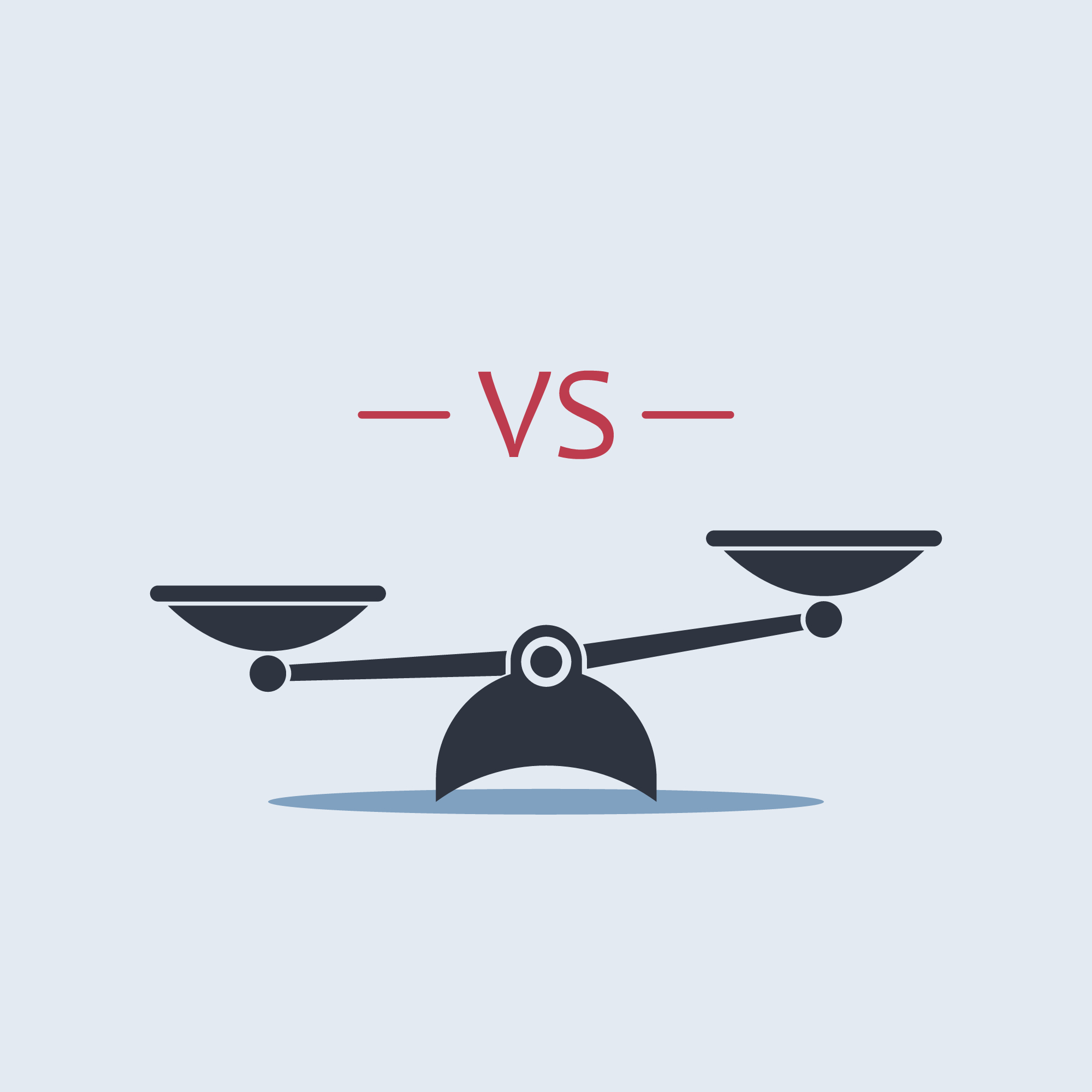
Ride-sharing services have expanded rapidly during the past decade, supported by technological advancements and increasing digitalization trends. Ride-sharing companies connect passengers with a private vehicle driven by its owner, while charging a fee for that service.
According to Market and Markets, the ride-sharing industry is expected to hit $185.1 billion by 2026, growing at a CAGR of 16.6% between 2021 and 2026. Urbanization is estimated to act as a key growth catalyst for the given industry during the forecast period.
Hence, in today's article, I am going to analyze and compare two ride-sharing stocks DiDi Global Inc. (DIDI) and Uber Technologies, Inc. (UBER), to determine which is currently a better investment for the rest of the year.
Uber develops its technology applications that connect consumers and with independent individuals that provide ride-sharing services. DiDi Global operates as a mobile transportation platform, offering ride-hailing and other services in China and internationally.
Year-to-Date (YTD), shares of DIDI have plunged 41%, while UBER stock has sunk about 13%.
Recent Developments
On March 29th, Uber Technologies announced that it had partnered up with bp to drive delivery growth by reaching more consumers across the world. Under the terms of the deal, bp aims to have over 3,000 retail locations available on Uber Eats by 2025. This collaboration embraces retail sites in Australia, New Zealand, Poland, South Africa, and the west coast of the US, with plans to enter other European markets from 2023.
Recent Quarterly Performance & Analysts’ Estimates
DiDi Global last issued its earnings results on Wednesday, December 29th. In Q3, the company’s revenues decreased 1.65% year-over-year to RMB42.68 billion ($6.6 billion). The decrease in revenue was mainly driven by about a 5% YoY fall in revenues from the China Mobility segment to RMB39.0 billion ($6.1 billion), partially offset by higher revenue in the International & Other Initiatives segments.
DIDI's third-quarter core platform gross transaction value has been reported at RMB68.7 billion (US$10.7 billion), slipping from RMB73.3 billion in Q2. The company’s EBITA (non-GAAP) loss came in at RMB7.5 billion ($1.2 billion) in Q3 compared to RMB2.3 billion in Q2 2021.
For the fourth quarter, analysts expect DIDI's EPS to stand at $0.01. Additionally, a $7.60 billion average revenue estimate for the fourth quarter of 2021 indicates further QoQ growth.
For its fiscal fourth quarter ended December 31st, 2021, UBER's total revenue rose 82.3% year-over-year to $5.78 billion, beating Wall Street's consensus by $420 million. The company demonstrated improvement in each of the business segments, with an enormous year-over-year growth of 245% to $1.08 billion in Freight revenues. Gross bookings were at the high end of the guidance range, coming in 51% YoY higher at $25.9 billion.
Also, the company disclosed GAAP EPS of $0.44, significantly beating Wall Street’s consensus by $0.77. Adjusted EBITDA of $86 million was improved by $540 million on a year-over-year basis.
Currently, Wall Street expects UBER’s earnings to drop in the first quarter of 2022 to ($0.24) per share, which is below its year-ago EPS of ($0.06). However, analysts forecast that its FQ1 revenue should climb by 86.50% YoY to $6.11 billion.
Comparative Valuation
In terms of FWD EV/Sales, UBER is currently trading at 2.39x, which is higher than DIDI, whose multiple is presently standing at 0.30x. When it comes to the FWD P/S multiple, UBER's P/S multiple of 2.68x is about 436% higher than DIDI's 0.50x.
On the other hand, UBER is projected to deliver a forward revenue growth rate of 44.14%, exceeding the sector’s median of 10.06%. This argument can, to some extent, justify UBER's premium valuations.
Bullish Options Trades Placed on UBER Stock
The open interest levels for January 20th, 2023, $42.00 calls increased on Tuesday. According to barchart.com, the open interest grew by 9,335 contracts to about 9,400. For the buyer of those calls to earn a profit, the stock would need to rise to around $46.55, implying approximately a 27% upside from Uber's current price.
The Bottom Line
While both companies are set to benefit from the industry tailwinds in the long term, I think UBER appears to be a better investment at the moment based on its superior financials, solid forward growth rates, and favorable options market sentiment.
DIDI shares were trading at $2.90 per share on Thursday morning, down $0.04 (-1.36%). Year-to-date, DIDI has declined -41.77%, versus a -3.14% rise in the benchmark S&P 500 index during the same period.
About the Author: Oleksandr Pylypenko

Oleksandr Pylypenko has more than 5 years of experience as an investment analyst and financial journalist. He has previously been a contributing writer for Seeking Alpha, Talks Market, and Market Realist.
Better Buy for 2022: DiDi Global vs. Uber StockNews.com






